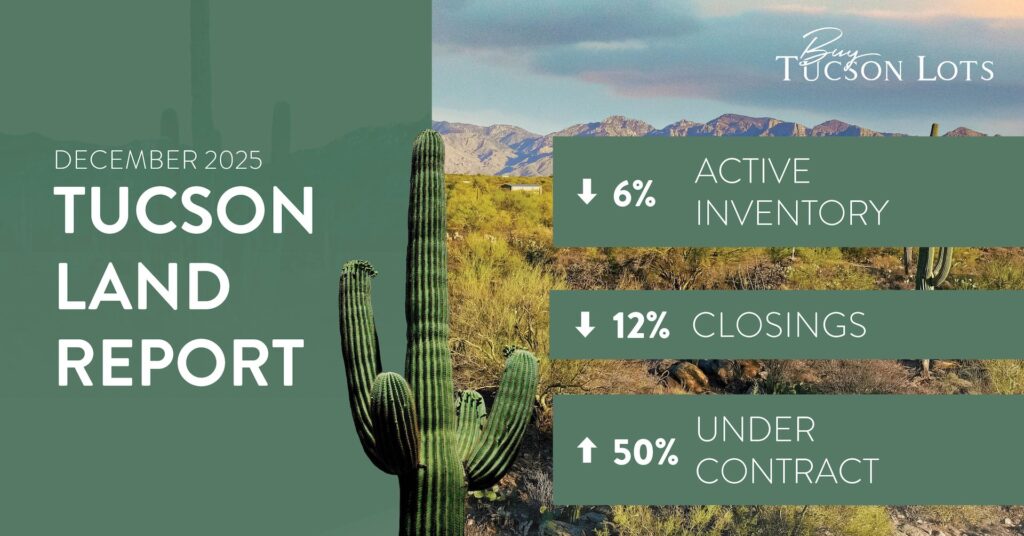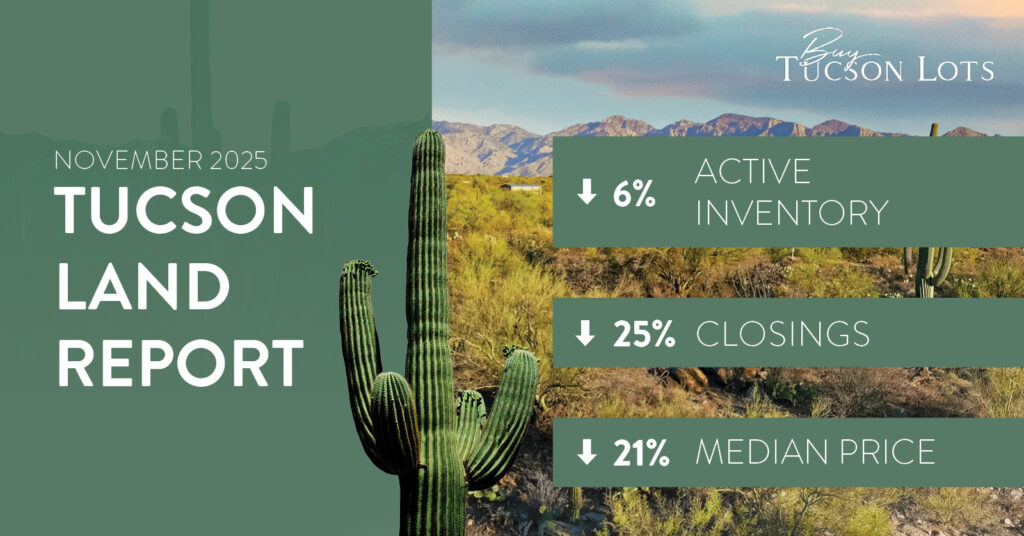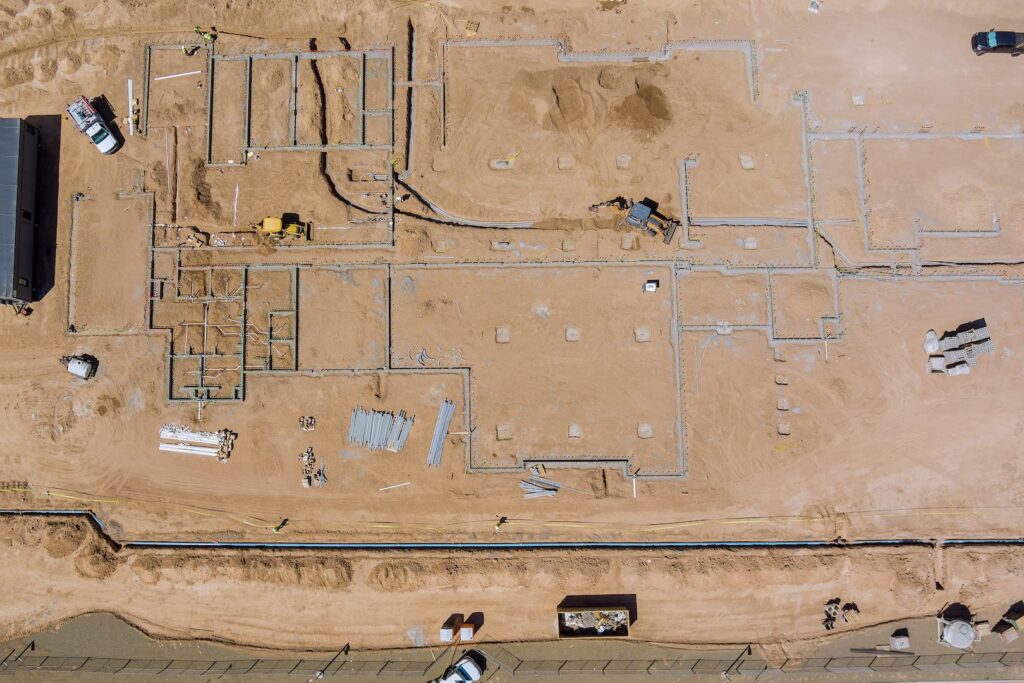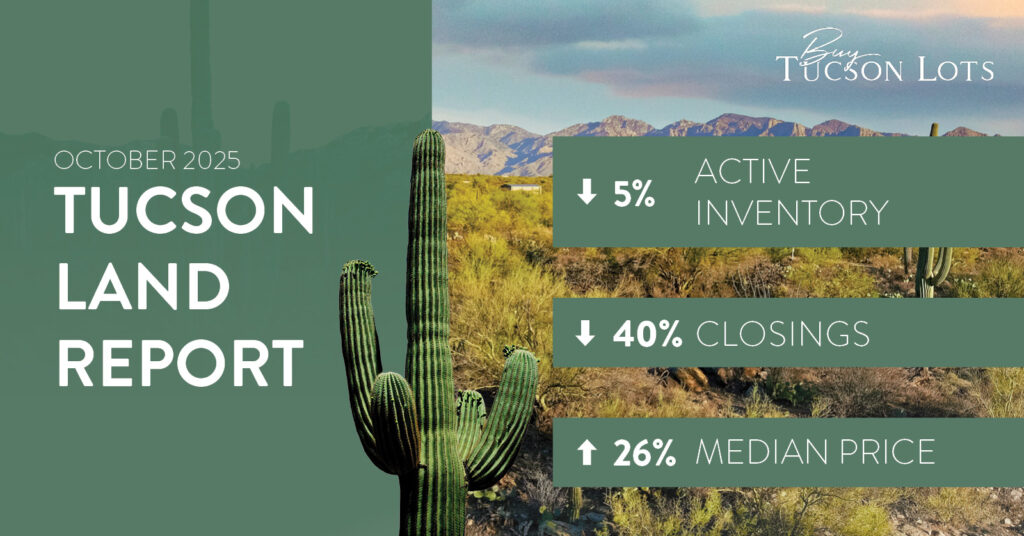Going through the land buying process can be an exciting journey. You’ll discover that so many options and opportunities exist, and you may fall in love with a particular parcel with the best views. Several factors go into finding the right land, and it’s important to do a lot of research beforehand or double-check with your land lot specialist before taking the leap.
Take Your Time
Finding the perfect plot of land will not be a short-term project. In your search for land, you will attend to many obligations. Doing your research beforehand helps you prepare for what you need to know, not to mention saves you time and money.
- Does the land have any restrictions?
- Required permits?
- What’s my budget?
- How much will the lot cost?
- How much will building a house cost?
- Are there any additional fees?
- Do I need to get soil tests done?
- What utilities are available?
- Will I need to make adjustments to the land?
For a smooth and easy process, keep a set of expectations and priorities handy as you look at different areas. And if you’re unsure, you can always consult with a land lot specialist about your concerns.
Prioritize Location
You’ve heard it before, but location matters in real estate. Buying land is a huge investment, and you will likely spend your time at that one location for years. Before you decide on a plot, make a list of your top priorities, these can include local amenities, safety and cleanliness of the neighborhood, available transportation, location in a rural or urban development, and nearby schools.
Location affects the desirability of a home, and therefore your home’s value. According to the Appraisal Institute, a bad neighbor could potentially reduce your home’s value up to 10 percent. As you look around different properties, consider what you see the future of this neighborhood looking like.
Verify Zoning Requirements
No person wants to purchase land and discover that their zone does not allow a certain build. Zoning laws exist to determine and regulate what structures are being built in a particular area. Cities create zones to keep a uniform structure. Different zones include green belt, residential, commercial, or agricultural.
Identify Any Easements
An easement gives a person, company, or government the right to use your real estate for a specific purpose. The type of easement depends on how they can use your property. You can find easement details on deeds, plats, and other homeowner documents. If you choose, you can also get the land surveyed to determine if there are any easements.
Check Available Utility Sources
Most people want basic services on their property, like power, water, and gas. Before purchasing land, always check if it has existing utilities or if you need to bring utilities in. For example, if you need to connect to a municipal sewer main, install a septic system, or dig a well it will take some time to go through all the procedures, permits, and requirements as well as spending more money to set everything up. Knowing beforehand whether or not the lot comes with the utilities can allow you to plan accordingly and within budget.
Test the Soil for Percolation Rates (If Not Done So Already)
If you discover the land is not located on a municipal sewer system, then you will likely need to install a septic tank. Installing a septic tank first requires what’s known as a soil test and percolation test. A soil test determines whether or not the soil is suitable for treating sewage. If the test comes back negative, only then is a perc test needed. The perc test measures the water absorption rate of soil, and if that fails, then no house can be built. There are alternative systems available, but they must be approved and suitable for your site.
If you’re searching for your ideal land lot with complete transparency about what you’re receiving, reach out to me, Rick Sack. Email me at rick@buytucsonlots.com or call me at 520-918-5477 to discover the best land for your future home!







